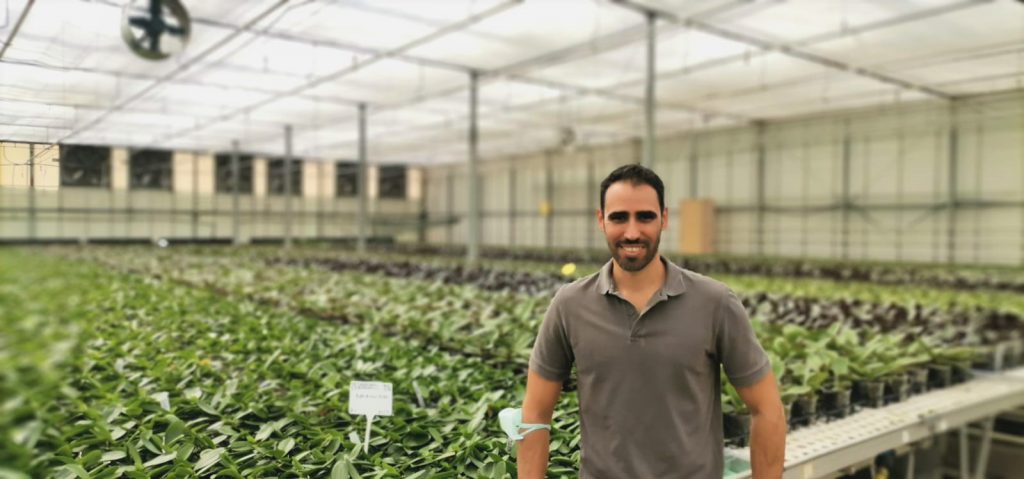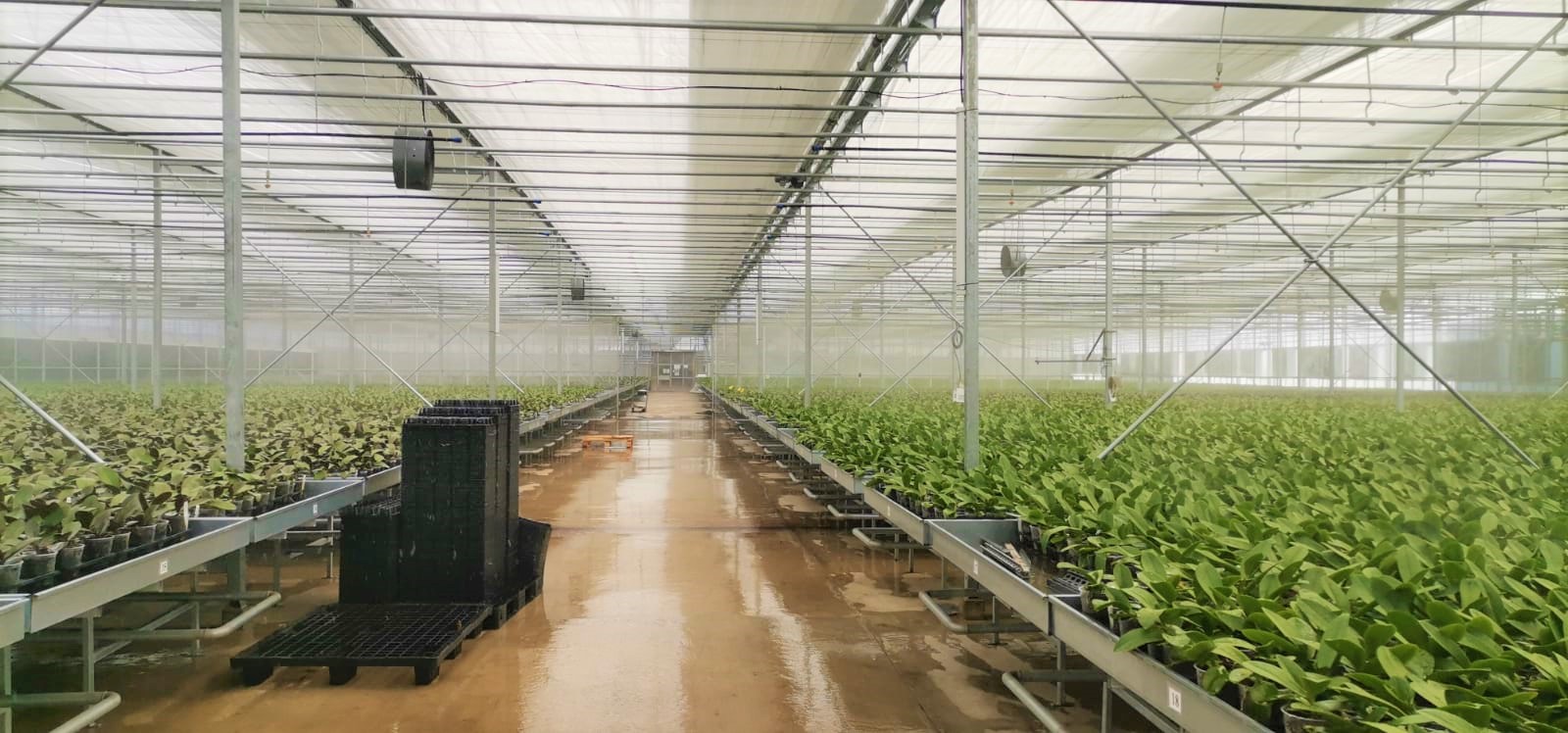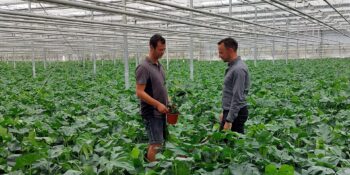Orchids, kalanchoe, seasonal plants, succulents and green plants: a selection of the more than fifty products grown at the Turkish company Gardenkoala in Adana. Hasan Ergören, deputy general manager at the company, says: ‘We are aware of the importance of sustainability for the future of the company and the world.’
‘We strive to be a sustainable company that cares about the environment and therefore we grow environmentally friendly products with the highest standards’, says Ergören.

Hasan Ergören, deputy general manager at Gardenkoala
Gardenkoala is MPS-ABC, MPS-GAP and MPS-SQ certified. With MPS-ABC they guarantee their environmental performance, MPS-GAP shows that the company meets requirements in the field of the environment, traceability and crop protection products and MPS-SQ shows that the company complies with (inter)national requirements in the field of health and safety of employees.
Boost reputation
Gardenkoala was founded in 1987 and has years of experience with potted plants for indoor and outdoor use. In total, the company has 16 hectares of indoor cultivation and 15 hectares of outdoor cultivation. A large part of the energy is generated with solar panels, more than 600 kilowatts. ‘We hope to expand this soon. We are also investigating what kind of biology we can apply to our cultivation’, says Ergören.
Gardenkoala started MPS-ABC six years ago. The first reason was to gain acceptance in the European market and increase their export potential, but later they realised it is much more than that. MPS-ABC strengthened their reputation, changed their way of thinking: the company became more environmentally friendly and increased quality standards.
More aware
‘We use the certificates to show that we grow our products in an environmentally friendly way.’ According to the manager MPS-ABC environmental record-keeping helps them to make the company more sustainable. ‘Because we have insight into our usage of crop protection agents, fertilisers, energy and waste, we are more aware of this. With the help of the MPS-ABC record-keeping system we can monitor and analyse our usage and respond to this. We see our usage declining. In addition to this awareness, it also helps us market our products better.’



